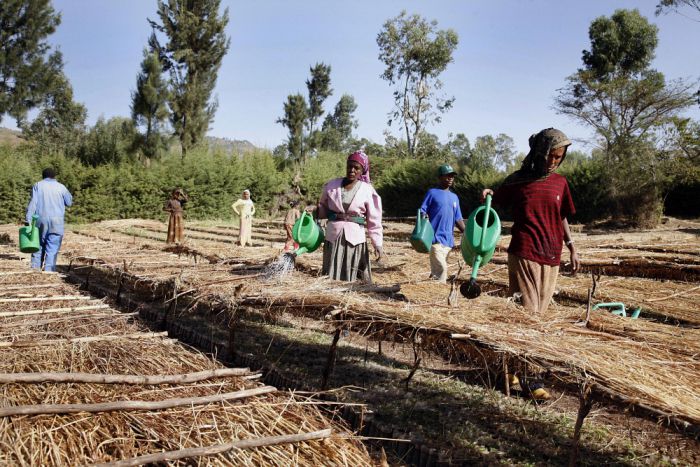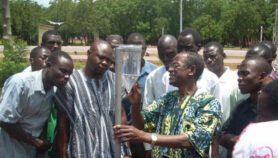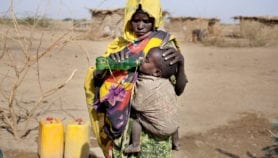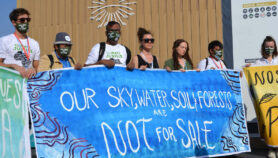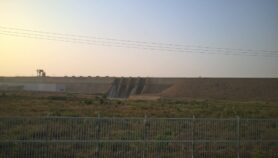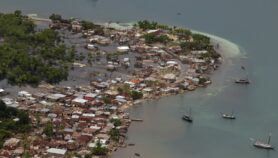By: Gilbert Nakweya
Send to a friend
The details you provide on this page will not be used to send unsolicited email, and will not be sold to a 3rd party. See privacy policy.
[NAIROBI The youth in Sub-Saharan Africa countries need to be empowered to lead communities in championing adaptation and mitigation measures to cope with the effects of climate change.
Ekai Nabenyo, a youth leader from Turkana County in northern Kenya, told SciDev.Net in an interview last month (2 November) that youth and women, particularly those in rural areas, are most vulnerable to the impacts of climate change.
A 24-year-old law graduate from Kenya’s University of Nairobi, Nabenyo is leading a group of young Kenyans advocating for conservation of the environment in Turkana County, a region currently experiencing major oil and gas exploration activities.
“The COP 21 is a defining moment in the climate crisis era where solutions that would save the planet for future generations can be found.”
Ekai Nabenyo, Turkana County, Kenya
He says it is important that conservation issues facing Turkana County and other developing countries need to be highlighted during negotiations in forums such as the ongoing United Nations Framework Convention on Climate Change (UNFCCC) Conference of Parties (COP 21) in Paris, France, (30 November – 11 December).
As he prepared to take part in the youth forum at COP 21 as a delegate sponsored by US-headquartered Global Greengrants Fund (GGF) to share his experiences on environmental conservation initiatives in his community, Nabenyo urged African governments to empower youth as agents of positive change, especially in addressing climate change.
“The COP 21 is a defining moment in the climate crisis era where solutions that would save the planet for future generations can be found,” says Nabenyo.
Nabenyo adds that the extraction activities and increased charcoal burning in Kenya’s northern region where Turkana lies, are a threat to a clean environment, prompting him to mobilise the youth to create awareness on the critical situation.
Residents of the semi-arid county who practise pastoralism are running short of grazing land as people encroach on the few forests for commercial activities such as charcoal burning and selling.
“I believe that education is key to creating awareness and empowering young people,” says Nabenyo, adding: “That’s why I solicited for funds to build classrooms in a primary school in my village and organised youth groups to educate ourselves.”
Nabenyo secured a US$4,000 grant from GGF to expand youth groups and create awareness in the county by championing environmental conservation activities such as tree planting.
The youth leader notes that localisation of climate change debate and showing people how it affects their livelihoods have proved successful in mobilising the community for environmental conservation. The youth have been informed on how clearing of trees leads to soil degradation, endangers water sources and reduces grazing lands.
Turkana youth are now leading county residents in adopting alternative sources of fuel such as solar energy according to Nabenyo.
Nnimmo Bassey, the GGF global chairperson, says the real hope for a climate change solution lies in the remote corners of Africa, Asia, Latin America and the Middle East, where people are undertaking bold actions as they fight to survive the forces destroying their environments and forcing them to abandon their homelands.
Koech calls for increased involvement of the youth to promote research in climate change and to help turn policy into action.
This piece was produced by SciDev.Net’s Sub-Saharan Africa English desk.


